Blog
All of our Blog Posts

‘Haint’ by Eve Ellis
Last night I heard the dogs again, this side of the crick. This morning another window’s smudged and her bitty footprint’s in the skift. Ma wipes her eyes and the glass, takes the broom out to snow-sweep. Pa’s painting the fence blue like a river she can’t cross. Tonight he’ll throw salt on the…
Read More
An Intimate Dinner with Raised Voices by Anna Selby and a new writing prompt from Ben Rogers
Poetry in Aldeburgh Countdown – An Intimate Dinner with Raised Voices by Anna Selby Today’s poem is a disconcertingly noisy sonnet taken from Anna Selby’s pamphlet ‘The Burning’. In the poem, sounds are amplified in a way that they are not supposed to, the result of a house that “overreacts”, a cacophony from which there is no…
Read More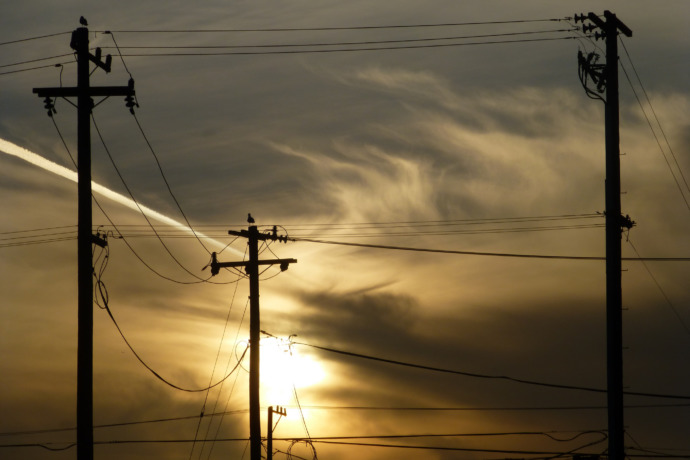
Phone call from… by Susan Utting and a new writing prompt from Ben Rogers
Writing Prompt – Phone Eavesdrop by Ben Rogers There is of course an ethical issue to listening to other people’s conversations in secret. However, with the rise of mobile phones there is an associated increase in the number of conversations (or at least one side of them) that you can hear with little or no effort, sometimes…
Read More
Short Film & Short Film II by Julia Bird and a new writing prompt from Ben Rogers
Writing Prompt – High-Concept by Ben Rogers Write a poem that acts as the full synopsis of an imagined high-concept film. Indulge in far-fetched fiction and employ a narrative that utilises the type of big what if questions that regularly surface in a cinematic blockbuster, such as ‘what…
Read More
Poetry in Aldeburgh residency: Ben Rogers interviews… Julia Bird
An Interview with Julia Bird
“What motivates me to produce, promote or write anything is the idea that there will be people around to receive it meaningfully”
Read More
Borderliner by Hannah Lowe and Writing Prompt by Ben Rogers
Writing prompt – False Memory by Ben Rogers History can be a difficult thing to pin down, and the fallibility of memory can be one of the challenges in determining what actually happened when. Take a journey into the False Memory Archive, a collection of vividly recalled personal accounts of things that didn’t happen. You can read…
Read More
Poetry in Aldeburgh residency: Ben Rogers interviews… Hannah Lowe
An Interview with Hannah Lowe
In the latest collection, Chan, I’ve tried to push form a bit more, writing in a new form I’ve called a “borderliner”, a conflation of a bold and non bold poem which can be read vertically and horizontally, but which fits into a block of text.
Read More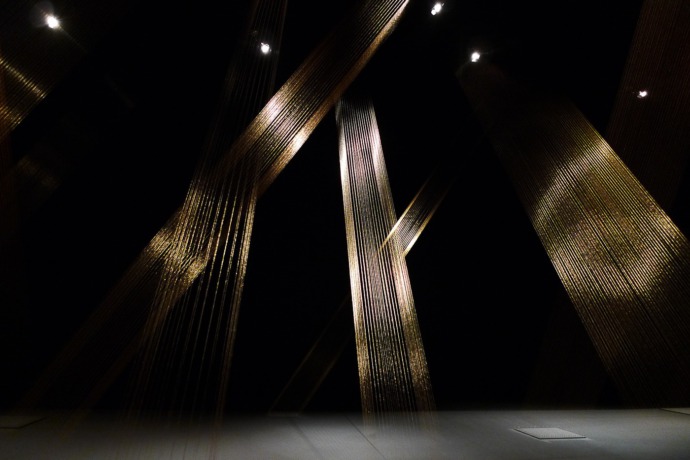
Poetry and Visual Art October 2016 Schedule
Poetry and Visual Art: Book here. Saturday 15th October 10:30am: Marian Goodman Gallery, 5-8 Lower John St, London W1F 9DY Giuseppe Penone: Fui, Sarò, Non Sono (I was, I will be, I am not). Informal talk on the exhibition from William Annesley, Gallery Assistant at Marian Goodman. 11: 45am: Hauser & Wirth, 23 Savile Row,…
Read More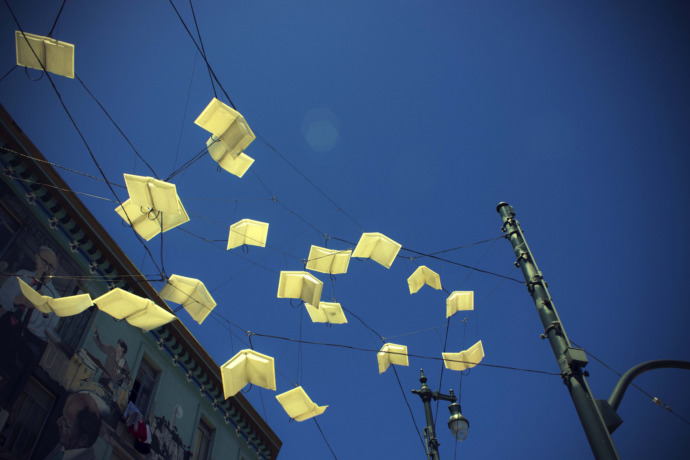
‘Say it with a poem’: 9 poems with a message for National Poetry Day
To celebrate National Poetry Day 2016, we asked nine of our brilliant Poetry School tutors for poems with a message to share with the world. And here they all are! To see full details of each of the poems, click here.
Read More
‘The Adulteress’ by Kathryn Maris for National Poetry Day 2016
Happy National Poetry Day 2016! Today’s the annual mass celebration of poetry and all things poetical. The theme for this year is ‘Messages: Say it with a Poem‘, so we asked a generous handful of our Poetry School tutors for a poem with a message to share with the world. The final poem of our National Poetry Day countdown is…
Read More
Poetry in Aldeburgh – National Poetry Day
Poem of the Day To celebrate National Poetry Day 2016 and its theme of messages, here is an extract from a classic WH Auden poem that forms one of his collaborations with Benjamin Britten, the famous English composer and Aldeburgh resident. Here, Auden’s verse acts as a closing commentary to a short film documentary on…
Read More
Poetry in Aldeburgh Countdown – Poem of the Day & Writing Prompt
Poem of the Day This is the first poem in a sequence of prose poems by Tamar Yoseloff that originally accompanied drawings by the artist David Harker in the limited edition pamphlet ‘Nowheres’. Each image is a depiction of an unpopulated in-between space that appears unremarkable and which are, in the poet’s words, “not destinations”…
Read More
Poetry in Aldeburgh Countdown – An Interview with Tamar Yoseloff
An Interview with Tamar Yoseloff
“I fell in love with it right from the start, that bleak winter seascape. I’ve been going back ever since.”
Read More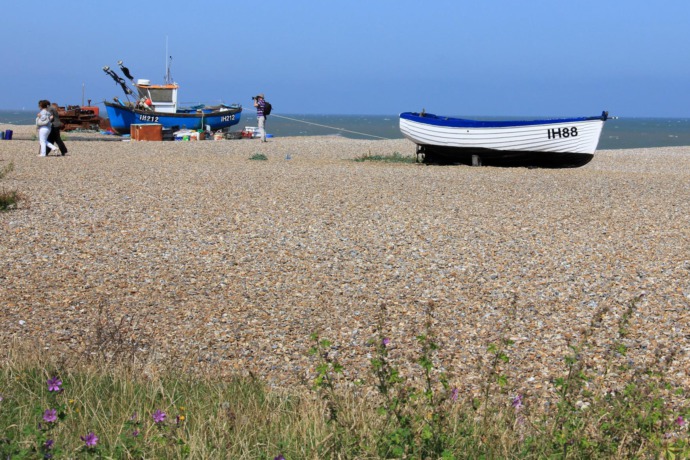
Interview with Ben Rogers, Poet-in-Residence at Poetry in Aldeburgh Festival
Hi Ben! You recently had a recce trip to Aldeburgh in advance of your residency. How’s it all looking there at the moment? Before the recce trip I hadn’t visited Aldeburgh for many a year and then it was a swift visit at sundown to wolf fish and chips on the beach sitting near…
Read More
“Battle of the Somme” Centenary – Collaboration Opportunity with Simon Barraclough
Attention all – we have a new opportunity to announce! From 2014-18, a huge range of cultural activities are taking place across the UK to mark the centenary of the First World War. The focus of 2016’s commemorations is the Battle of the Somme – or the film of the same name that was released…
Read More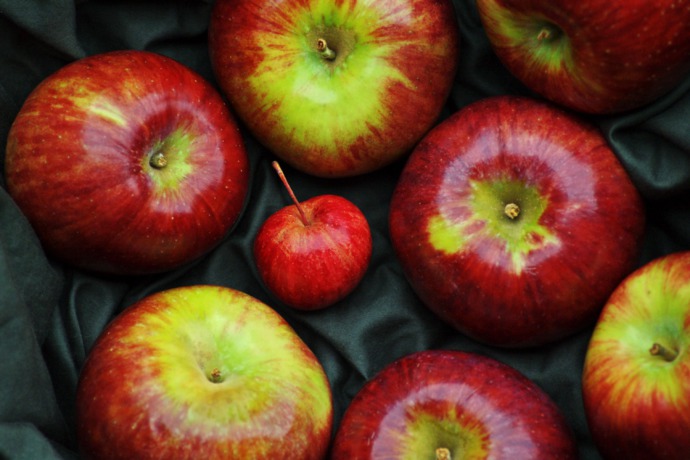
‘Apples’ by Dante Micheaux for National Poetry Day 2016
On October 6th, it’s National Poetry Day 2016, the annual mass celebration of poetry and all things poetical. The theme for this year is ‘Messages: Say it with a Poem‘, so we’ve asked a generous handful of our Poetry School tutors for a poem with a message to share with the world. National Poetry Day is just a…
Read More
‘Save The Date’ by Holly Hopkins for National Poetry Day 2016
On October 6th, it’s National Poetry Day 2016, the annual mass celebration of poetry and all things poetical. The theme for this year is ‘Messages: Say it with a Poem‘, so we’ve asked a generous handful of our Poetry School tutors for a poem with a message to share with the world. It’s Day Five of our poem-a-day countdown…
Read More
‘Blue’ by Julia Bird for National Poetry Day 2016
On October 6th, it’s National Poetry Day 2016, the annual mass celebration of poetry and all things poetical. The theme for this year is ‘Messages: Say it with a Poem‘, so we’ve asked a generous handful of our Poetry School tutors for a poem with a message to share with the world. We’re posting one poem every day…
Read More
‘Go On, Say Something In French’ by Claire Trévien for National Poetry Day 2016
On October 6th, it’s National Poetry Day 2016, the annual mass celebration of poetry and all things poetical. The theme for this year is ‘Messages: Say it with a Poem‘, so we’ve asked a generous handful of our Poetry School tutors for a poem with a message to share with the world. In the build up to the…
Read More
‘A Butterfly’s Song’ by Rishi Dastidar for National Poetry Day 2016
On October 6th, it’s National Poetry Day 2016, the annual mass celebration of poetry and all things poetical. The theme for this year is ‘Messages: Say it with a Poem‘, so we’ve asked a generous handful of our Poetry School tutors for a poem with a message to share with the world. Starting today, we’ll be posting one…
Read More
Haiku Rebellion: An interview with Lynne Rees
An Interview with Lynne Rees
“I think there’s a democratic aspect to haiku that persists in Japan and in the West that’s very appealing: groups of ordinary people meet to write and share their haiku and, inevitably, their lives”
Read More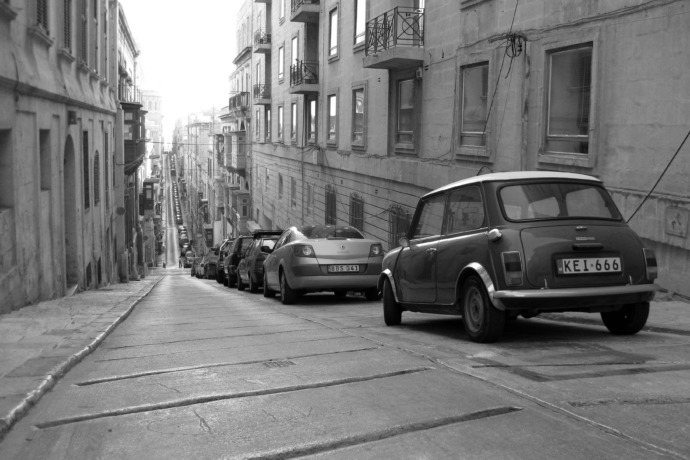
‘In the winter of 1962 my mother’ by Jacqueline Saphra for National Poetry Day
It’s National Poetry Day Eve and to celebrate we’re publishing another poem from one of our incredible Poetry School tutors on the theme of ‘Messages: Say it with a Poem‘. Jacqueline Saphra sees you into NPD2016 with her wonderful poem ‘In the winter of 1962 my mother‘! ‘In the winter of 1962 my mother’ was originally published in…
Read More
‘Epithalamion, Memorial Day’ by R.A. Villanueva for National Poetry Day 2016
On October 6th, it’s National Poetry Day 2016, the annual mass celebration of poetry and all things poetical. The theme for this year is ‘Messages: Say it with a Poem‘, so we’ve asked a generous handful of our Poetry School tutors for a poem with a message to share with the world. As the clock ticks down to…
Read More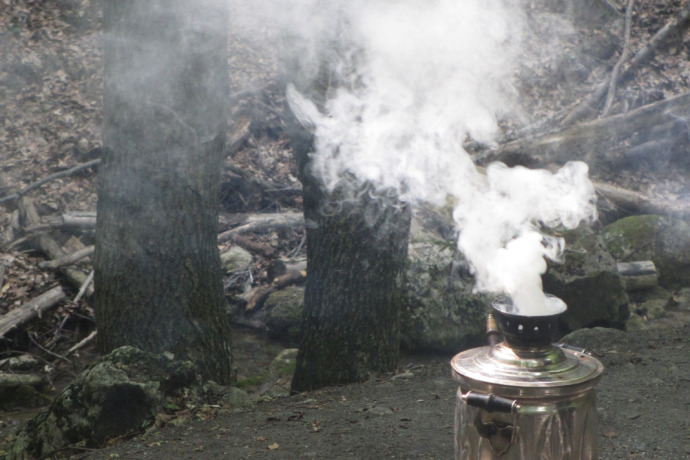
‘Siberia’ by Tamar Yoseloff for National Poetry Day 2016
On October 6th, it’s National Poetry Day 2016, the annual celebration of poetry across the UK, and we’re getting involved every day this week with a helping hand from our Poetry School tutors. Our MA tutor Tamar Yoseloff provides our fourth poem on this year’s NPD theme ‘Messages: Say it with a Poem‘ with her wonderful piece ‘Siberia’. This…
Read More
Meet Ben Rogers – the Poetry in Aldeburgh / Poetry School Poet in Residence
Poetry Schoolers, meet Ben. Ben, meet the Poetry Schoolers. Some of you might have already met, mind you. Ben Rogers is a familiar face round London and Cambridge’s poetry events. He’s published a pamphlet recently with the Emma Press (Mackerel Salad) and he’s also featured in Carcanet’s New Poetries VI. Poetry in Aldeburgh is a…
Read More